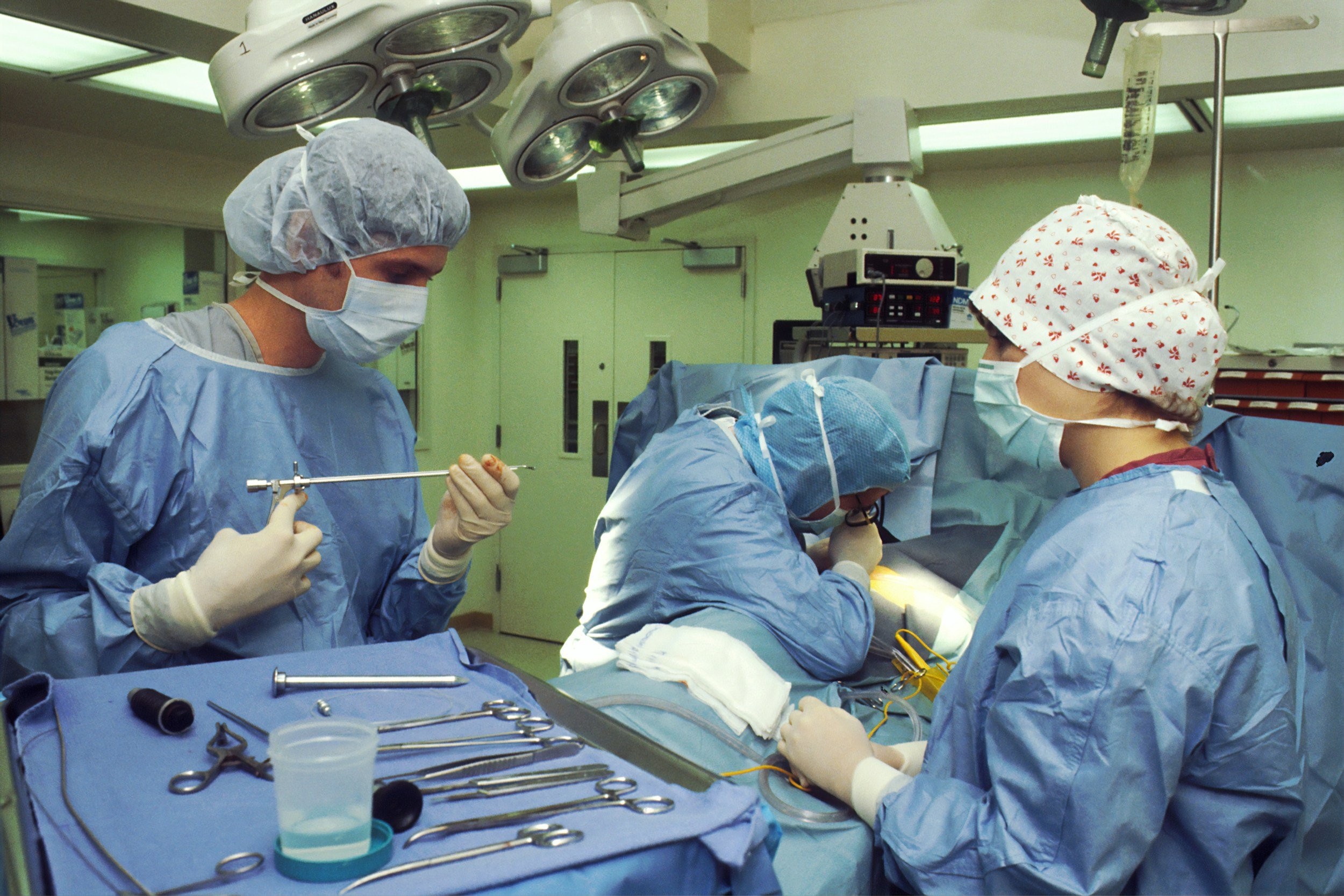Steps to Take When You Suspect Medical Malpractice
Medical malpractice is an issue that can be devastating for patients and their families. When healthcare providers don't meet the standard of care, it can lead to significant harm, both physically and emotionally. Recognizing the signs of medical malpractice is important, as early diagnosis can improve the chance of justice and compensation. If you find yourself in such a situation, seeking the expertise of a medical malpractice lawyer in NJ can guide you through the complexities of the legal system.
Recognizing Signs of Medical Malpractice
Recognizing the signs of medical malpractice ensures patient safety and holds healthcare providers accountable. Key indicators include misdiagnosis or delayed diagnosis, where a healthcare professional fails to identify a condition that a competent practitioner would have recognized. Other signs may involve substandard treatment, such as inappropriate surgical procedures or medication errors that lead to worsened health outcomes. Patients should also be aware of any unconsented procedures or inadequate post-treatment care. Experience unexpected complications or feel the care received did not meet accepted medical standards. It may be essential to consult a medical malpractice lawyer to understand your legal rights and options.
Gathering Evidence
Gathering evidence is a step in building a strong case when suspecting medical malpractice. Begin by compiling all relevant medical records, including test results, treatment plans, and notes from healthcare providers. Documenting your symptoms and experiences as they unfolded can also provide significant insights into the standard of care received. Photographs of injuries or any related physical evidence may further bolster your claims. This comprehensive evidence collection is essential for your legal representation, allowing them to assess the situation thoroughly and advocate effectively on your behalf.
Consulting with Legal Professionals
NJ's qualified medical malpractice lawyer can provide invaluable guidance, ensuring you understand your legal rights and options. During this consultation, legal experts will review your evidence, assess the merits of your case, and inform you about the potential challenges you may face. They can also help you establish a timeline for pursuing your claims, explain the intricacies of medical negligence laws in your state, and outline the process for seeking fair compensation for any damages suffered. A skilled lawyer can empower you to advocate for yourself and hold negligent healthcare professionals accountable.
Filing a Complaint
Filing a complaint is a step in pursuing a medical malpractice case, as it formally brings the issue to the attention of the appropriate authorities. This process typically involves submitting a written complaint to the medical board or regulatory agency within your state, outlining the specifics of the alleged malpractice, including the names of the healthcare providers involved, the nature of the complaint, and supporting evidence. It’s important to be clear and concise while detailing your experience, as this documentation will be used to assess the validity of your claim. After filing, the agency may investigate whether the healthcare professional deviated from the accepted standard of care, which can lead to disciplinary action or serve as an element in your legal case.
Understanding the Legal Process
The legal process typically begins with the initial consultation, where your lawyer evaluates the evidence and determines if there is a valid claim. If so, a Complaint is filed in civil court, starting the litigation process. This involves the discovery phase, where both parties gather further evidence and information, followed by potential settlement negotiations. If a resolution is not reached, your case may proceed to trial, where both sides present their arguments, and a judge or jury decides. Throughout this journey, it’s important to have a knowledgeable attorney to help you understand each step, manage expectations, and advocate for fair compensation based on the malpractice experienced.
Final Thoughts
In conclusion, navigating the complexities of a medical malpractice case requires vigilance, thorough documentation, and professional guidance. By recognizing the signs of potential malpractice and gathering appropriate evidence, patients can take steps toward seeking justice. Consulting with a qualified medical malpractice lawyer in NJ can provide essential support throughout the legal process, ensuring that malpractice victims understand their rights and options.






